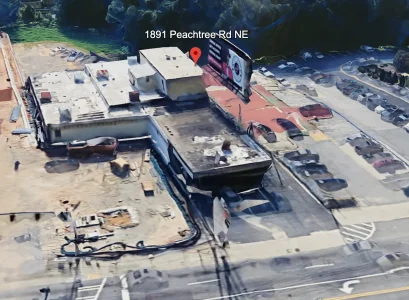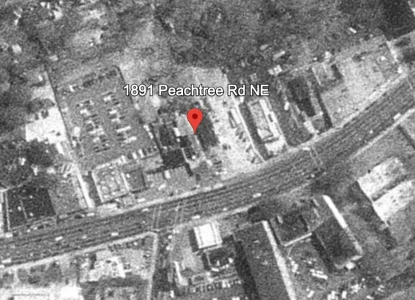I think it's definitely worth looking at non-Georgia missing men for this case. IMO, the scene is not very permanent, if that makes sense. It would make sense to me that John Doe was trying to build roots in Georgia and stayed/visited there as an interum. But again, that is purely my speculation.
There's no mention of a wallet, keys, ID, or anything of the sort being found. Why would he be out without so much as a house key, if he had one? How did he get to the location?
I agree with these points, and it makes me wish we knew more about the condition of his clothes.
You mentioned earlier that "his clothes feel like casual work clothes." If so, what kind of a job were they suited for? Construction? Maintenance? Warehouse? Trucker? Office? Knowing this would help us narrow down places in the surrounding area that offered that kind of a job and work our way outwards from that.
Also, if he had a job, did he therefore have a place to stay? As you ask, did someone never come home from (or back to) work? Could he have recently relocated to Georgia, found a job, but was staying in this vacant garage until he saved up enough money for his own room? If so, I'd lean more towards construction or maintenance because those types of jobs don't often require a fixed home address, or notice if you don't come back, like an office job would.
Alternatively, could his clothes simply be from a cheap thrift store or charity organization? In that case, the clothes are not connected to him, suggesting he's a transient who simply had to make do with whatever clothing he could find.
Comparing the size of the clothes to the frame of his body could actually help us here. For example, would the size 12 shoes found near his body really fit his feet? If not, then this suggests he used them out of necessity because he didn't have access to shoes his own size.
Now, true, the shoes might not belong to him in the first place, but given the fact that he was found unshod, I think he likely wore them and just took them off while drinking. (And that, in and of itself, could tell us something: he was comfortable enough in that place to take off his shoes and relax.)
And lastly, does decomposition complicate things here? Like, he could've had a steady job and kept clean clothes—but if he died and decomposed in them, how would we distinguish them from the soiled clothes that transients often have to wear?



